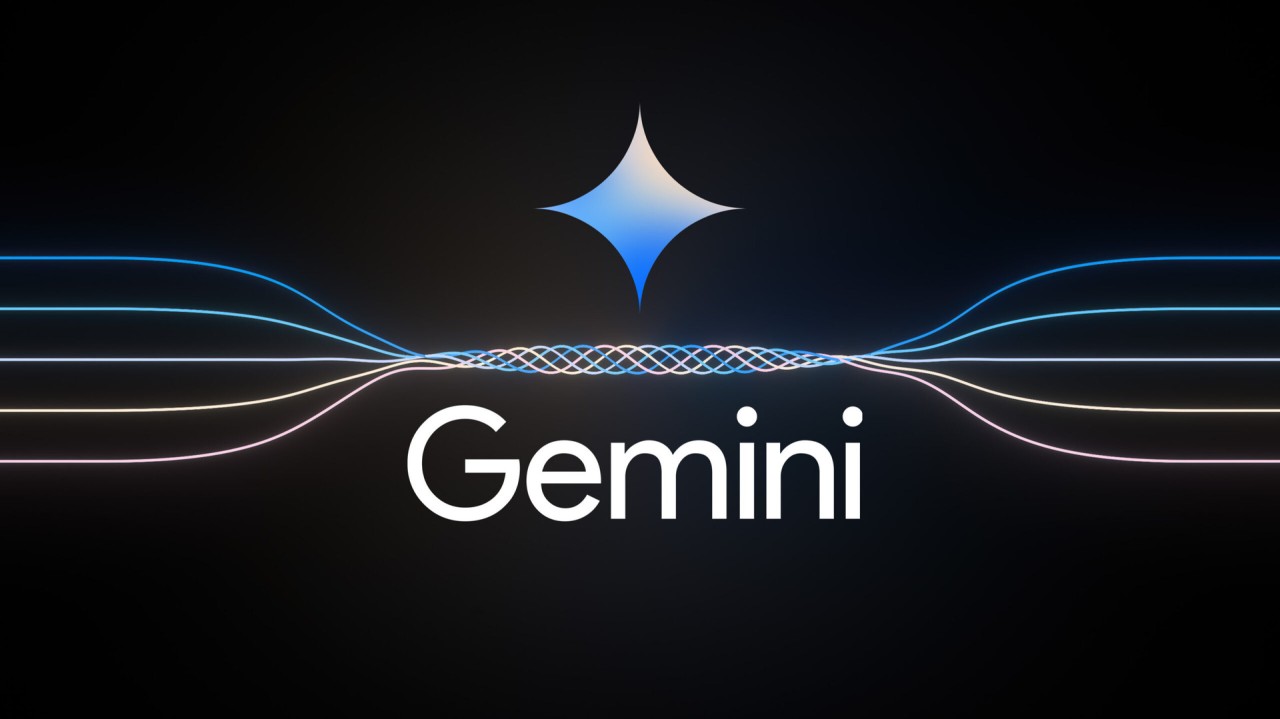In a world increasingly driven by artificial intelligence (AI), concerns over algorithmic bias have become prominent. Prime Minister Narendra Modi, at the forefront of addressing these issues, recently called for a global framework to ensure the ethical use of AI. His comments come amidst discussions on how modern technologies, including AI, can sometimes reflect biases that impact society at large.
Key Highlights:
- Prime Minister Narendra Modi emphasizes the need for a global framework for the ethical use of AI.
- Modi flags concerns about bias in AI and its societal impact.
- The call for action was made during Modi’s address at the B20 Summit India 2023 organized by CII.
- Modi also discussed the importance of addressing issues related to cryptocurrencies, climate change, and the need for a planet-positive approach in business.

The Context of Bias and Technology:
Modi’s statements reflect a broader concern over how technologies like AI may inadvertently perpetuate biases. These biases can stem from various sources, including the data used to train AI systems, and can lead to unfair outcomes or discrimination. Modi’s call for ethical AI underscores the need to balance technological advancement with societal values and fairness.
The Importance of Regional Languages:
In addition to concerns about AI, Modi has also highlighted the bias against Indian languages. Speaking at the All India Education Convention, he lamented the undervaluation of Indian languages and emphasized the importance of education in regional languages. Modi’s advocacy for Indian languages is part of a larger effort to promote cultural diversity and inclusion within the technological and educational sectors.
The Broader Implications:
The discussion around Google Gemini and the alleged bias against PM Modi touches on critical issues of fairness, ethics, and inclusivity in the digital age. As AI continues to shape various aspects of life, the call for ethical guidelines becomes increasingly important. Moreover, the emphasis on regional languages highlights a need for diversity and inclusivity, not just in technology but also in education and culture.
Algorithmic bias refers to systematic and repeatable errors in a computer system that create unfair outcomes, such as privileging one arbitrary group of users over others. These biases can manifest in various ways, from search engine results to facial recognition technologies, often reflecting the prejudices existing in society. Addressing these biases involves a multi-faceted approach, including diversifying data sets, implementing fairness measures, and continuous monitoring for unintended consequences.
For ethical AI and language inclusivity to be fully realized, a collaborative effort between businesses, governments, and civil society is essential. Businesses, especially tech companies, have a pivotal role in developing AI technologies that are ethical and inclusive. Governments can enact policies and regulations that promote fairness and prevent discrimination. Together, with input from civil society and academic institutions, a more equitable digital future can be achieved.
Conclusion:
The intersection of technology, language, and society presents complex challenges that require careful consideration and global cooperation. Prime Minister Modi’s advocacy for ethical AI and the promotion of regional languages serves as a reminder of the need to ensure that technological advancement benefits all segments of society. As we move forward, the dialogue on these issues must continue, with a focus on creating a more inclusive and fair digital world.


























Add Comment